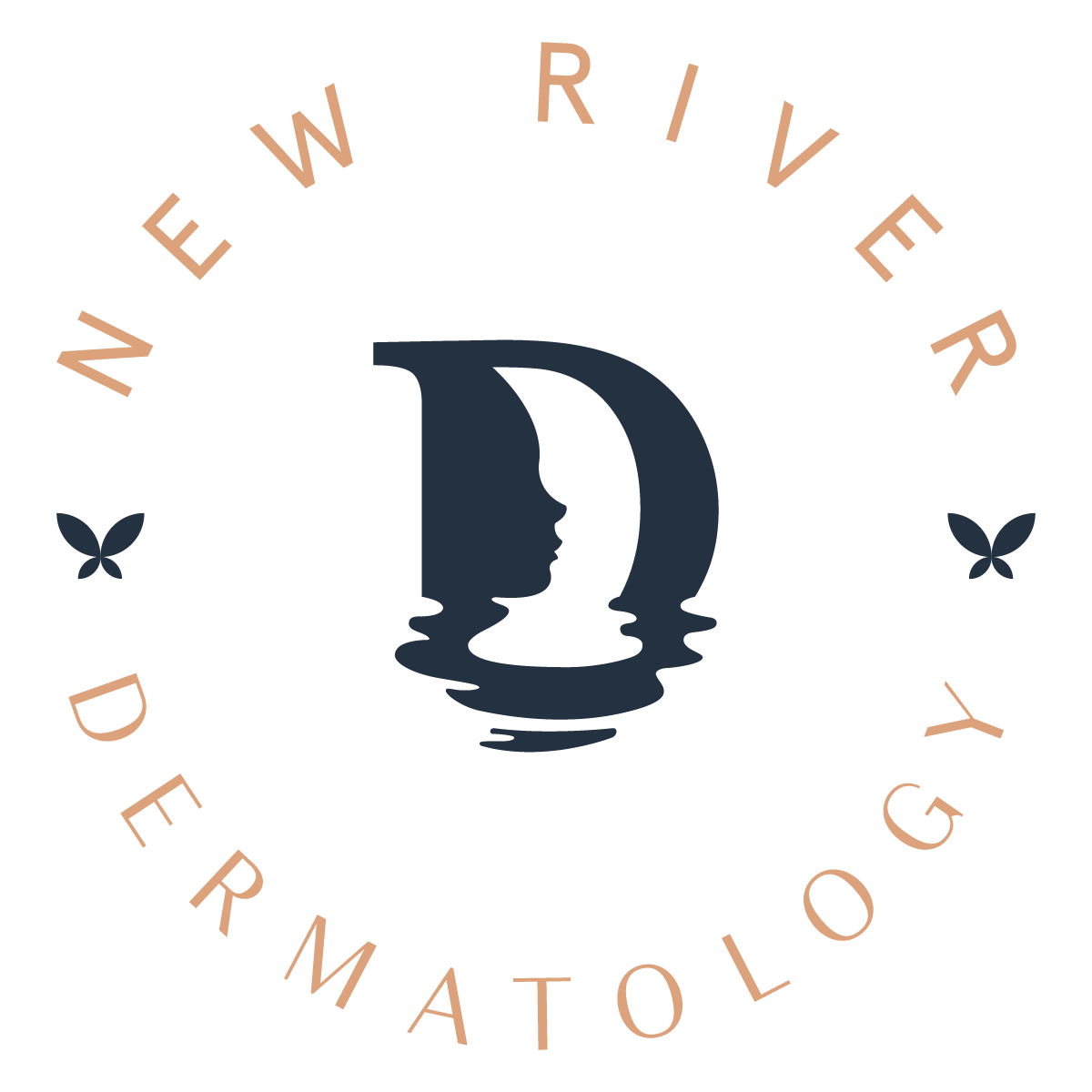When Should You Start Using Retinol?
If there’s one word you commonly hear when you ask about anti-aging, it’s probably “retinol”. Retinol is a derivative of vitamin A and one of our best tools for fighting visible signs of skin aging like fine lines, brown spots, and wrinkles. It might seem like anytime after puberty is a good time to start combating aging with retinol, but that’s not quite the case.
When Should You Start Using Retinol?
Getting started too early on anti-aging products can be a waste of money when there’s no real benefits to be gained quite yet — and this results in less tolerance later on when you need it most. Start at the right time though, and you can increase your skin’s potential for regeneration early on — think of it as training for your epidermis.
Most dermatologists and skin care professionals suggest you start using retinol in your mid-20s and definitely by your early 30s to see the most benefits. It’s at that point your collagen production starts to decline, and those magical fibers that once gave plumpness and firmness to our skin start to fade, which is when things start to sag and feel a bit more dull. Retinol prompts your skin to keep producing collagen, which keeps those signs of youth visible for longer.
It’s around this age that we start to notice dull skin, brown spots, and fine lines around the mouth and eyes — and these signs are a great indicator that it’s time to add retinol into your skin care regimen (It also happens to be great for combatting acne.) Of course, the exact moment depends on your skin type, genetics, environment, and a host of other conditions, so age truly is just a number here. That being said, it’s best to have a chat with a dermatologist to determine the right strategy for your skin.
If you’re ready to book a consultation and figure out the best game plan for your skin as it ages, give our dedicated team a call! It’s never too early to start thinking about ideal skincare — especially with the range of products on the market today.
